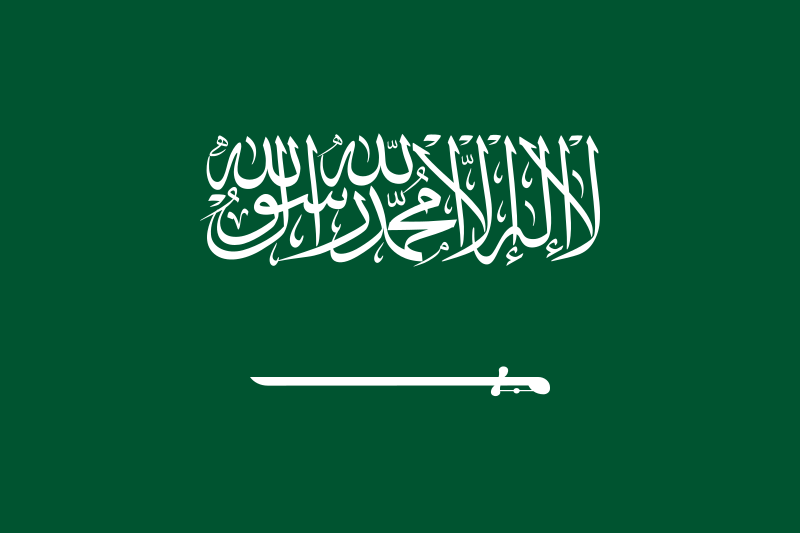
The king's hospitalization took place at the King Faisal Specialist Hospital, a facility known for its advanced medical care. Following his admission, medical experts initiated a thorough evaluation of his condition, leading to a diagnosis of pneumonia, which can pose severe health risks, especially for individuals of advanced age. Treatment measures included intravenous antibiotics and respiratory support, both essential for addressing lung infections effectively.
King Salman's health has been a topic of scrutiny, particularly as he navigates various regional and global challenges. His leadership has seen pivotal changes within the kingdom, including Vision 2030, a comprehensive reform plan aimed at diversifying the economy and reducing its dependency on oil. The king's condition also raises questions about succession and the future direction of Saudi governance, particularly given the increasing prominence of Crown Prince Mohammed bin Salman, his son, in national affairs.
As Saudi Arabia continues to be a significant player in the Middle East, both politically and economically, the monarchy's stability is crucial for regional stability. The king's health status may influence Saudi Arabia's approach to ongoing issues, such as its relations with neighboring countries, the balance of power in the Gulf region, and the management of economic initiatives. The king's absence from public engagements during this period has led to increased speculation about the crown prince's role and responsibilities.
Officials have been keen to reassure the public regarding the king's health, emphasizing that he is in stable condition and responding well to treatment. However, such health incidents have historically prompted discussions regarding the king's succession and the potential for shifts in power dynamics within the ruling family. As the nation awaits further updates on the king's health, the situation remains closely monitored by both domestic and international observers.
Internationally, the king's health has implications beyond Saudi Arabia's borders. As a key ally to Western nations, particularly the United States, the monarchy plays a crucial role in regional security and economic stability. The ongoing conflict in Yemen, Saudi Arabia's relationship with Iran, and the kingdom's efforts to strengthen ties with China and other nations are all aspects influenced by the health of its leadership.
In addition to health concerns, the kingdom faces internal challenges. Economic reforms are underway, but their success relies heavily on consistent governance and clear direction from the monarchy. The king's ability to steer these initiatives is critical, particularly as the country grapples with the impacts of fluctuating oil prices and global economic trends. The dynamics within the royal family are also essential to consider, as power transitions could significantly alter the implementation of reform strategies.
Public sentiment within Saudi Arabia reflects a mix of loyalty to the monarchy and concern for the future. Many citizens regard the king as a symbol of stability, and his health has been met with widespread attention across social media platforms and news outlets. Government communications have emphasized the king's resilience and determination to continue serving the nation, fostering a sense of confidence among the populace.
As the situation evolves, there is a focus on maintaining transparency regarding the king's health. Medical updates are anticipated from royal officials, with the public keen to understand the prognosis and any potential impact on the king's official duties. While Crown Prince Mohammed bin Salman has been increasingly visible in recent years, the monarch's enduring presence remains integral to the kingdom's identity.
Topics
Spotlight
